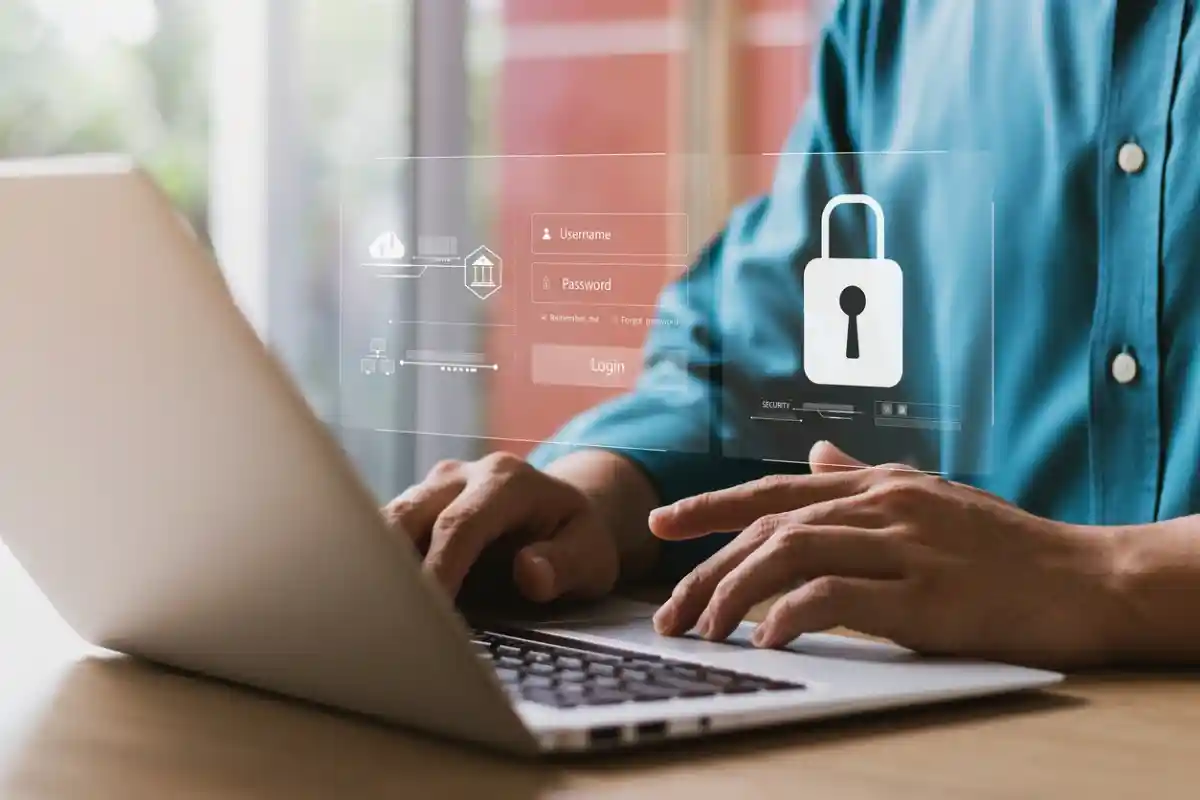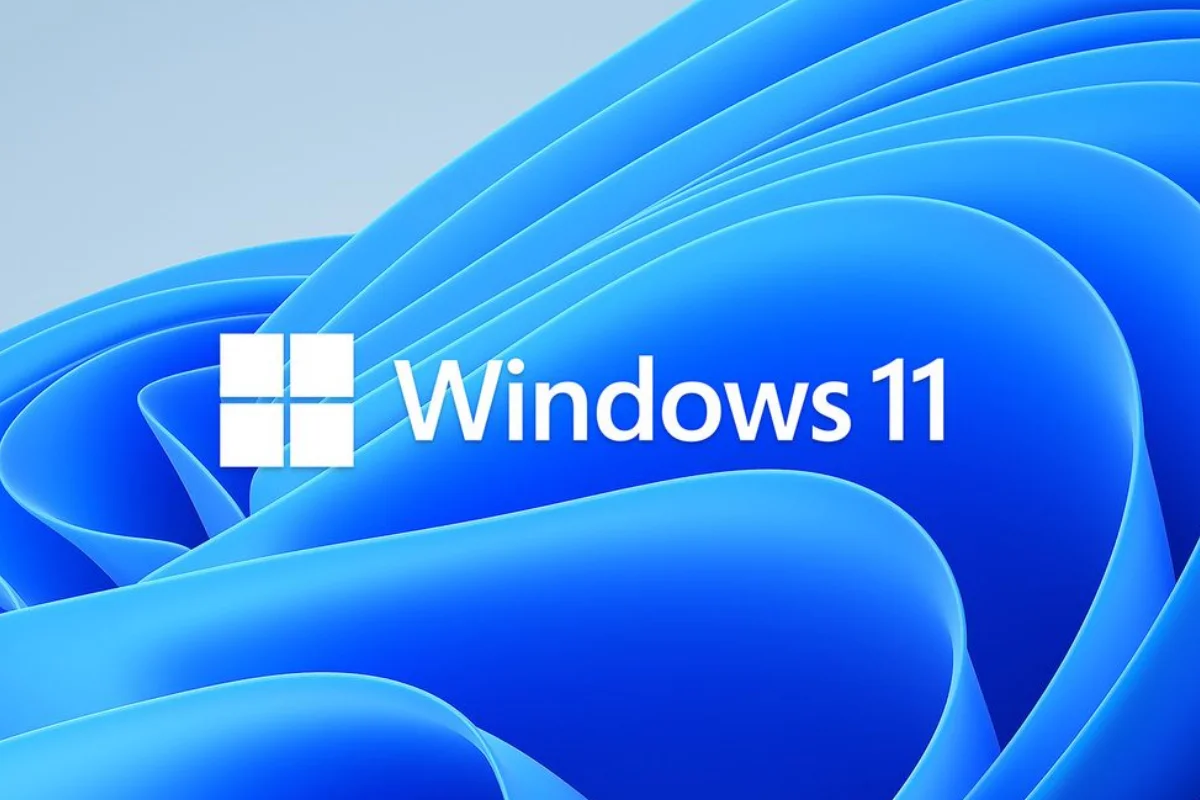Your Personal Information on Social Media Is at Risk—Protect It with These Simple Steps

Your Personal Information on Social Media Is at Risk—Protect It with These Simple Steps
In today’s digital world, social media platforms have become integral to how we communicate, share experiences, and stay informed. However, the convenience of sharing online comes with risks.
Personal information can be misused for identity theft, scams, or unauthorized data collection if not properly safeguarded. To maintain control over your privacy and security, it’s essential to take proactive measures. Here are some key steps to protect your personal information on social media:
1. Review and Adjust Privacy Settings
Most platforms offer customizable privacy controls. Take time to:
Restrict who can view your posts, photos, and profile details.
Limit visibility of sensitive data such as phone numbers, email addresses, or location.
Regularly review changes in privacy policies, as platforms often update them.
2. Be Selective About What You Share
Think twice before posting personal details such as your home address, daily routine, or vacation plans. Oversharing makes it easier for strangers or cybercriminals to piece together valuable information.
3. Strengthen Your Passwords
Use strong, unique passwords for each social media account. A good practice is to include a mix of letters, numbers, and symbols. Consider using a password manager to generate and store them securely.
4. Enable Two-Factor Authentication (2FA)
2FA adds an extra layer of protection by requiring a code or confirmation in addition to your password. Even if someone gains access to your login details, this step makes it harder for them to access your account.
5. Limit Third-Party App Access
Be cautious when granting third-party applications permission to connect with your social media accounts. These apps can sometimes collect unnecessary data. Review and remove any apps you no longer use.
6. Watch Out for Phishing Attempts
Scammers often impersonate friends, brands, or platforms to trick users into revealing information. Avoid clicking suspicious links and verify requests for personal details before responding.
7. Regularly Monitor Your Accounts
Check your activity logs and account settings to ensure there hasn’t been unauthorized access. If you notice unfamiliar activity, change your password immediately and report the issue to the platform.
8. Avoid Public Wi-Fi for Logging In
Public networks are more vulnerable to hacking attempts. If you must access your accounts on public Wi-Fi, use a virtual private network (VPN) for added security.
9. Think Before You Post
Once shared online, content can be difficult—sometimes impossible—to remove. Consider the long-term implications of posts, including how they might affect your reputation, job opportunities, or personal safety.
10. Keep Systems Updated
Regular updates are crucial for maintaining digital security. Software updates often contain important patches that fix vulnerabilities exploited by hackers. Keeping your operating systems, browsers, and apps updated helps minimize risks.
Read More: Cyber Alert Issued for Ministries, Key Institutions Amid BlueLocker Ransomware Attacks
Catch all the Technology News, Breaking News Event and Trending News Updates on GTV News
Join Our Whatsapp Channel GTV Whatsapp Official Channel to get the Daily News Update & Follow us on Google News.














